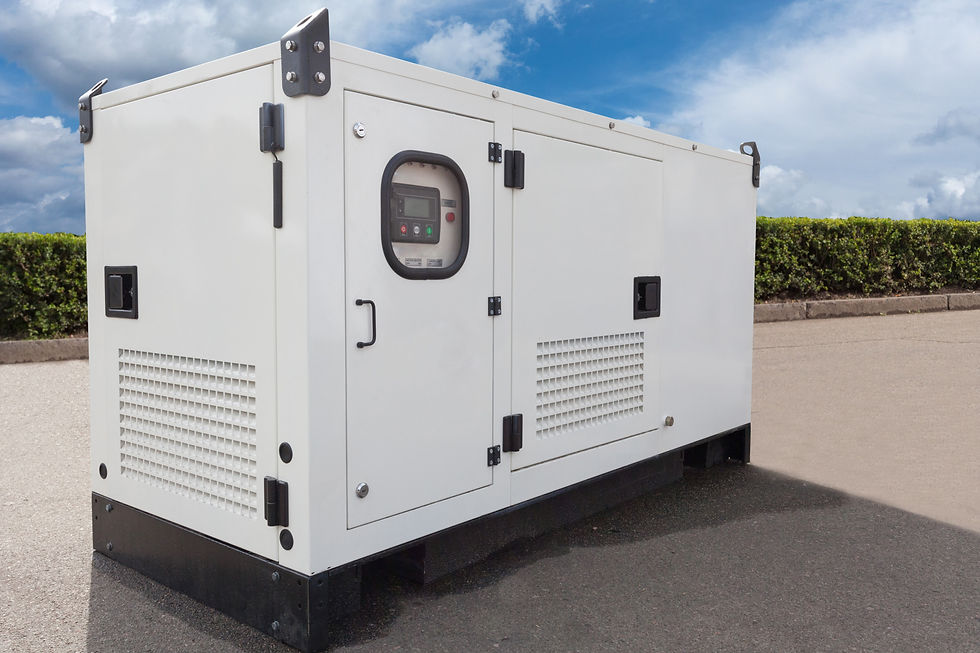How Much Does a Diesel Generator Need?
- sallylawrence39cz
- Nov 13, 2021
- 3 min read

A diesel generator is basically the combination of an electric generator and a diesel engine to produce electrical power. This is quite a special case of generator-engine. Sometimes a diesel compression-ignition engines is generally designed to work on diesel alone, while others are also modified for use on other fuels or even natural gas. The more powerful engines tend to be more expensive than the diesel ones.
There are several advantages of using diesel generators: first of all, it is less costly to buy, and it is also less costly to maintain than other forms of generators (electric, gas or coal generators). Of course, diesel generators do not work at all if the fuel that they will use is not there. Fuel scarcity is one of the major reasons why these types of generators are more popular than any other type. The problem with most fuel delivery systems is that they only work if the fuel itself is available.
But what is more important than the advantages when it comes to commercial diesel generators is their usability. They are very useful in providing backup emergency power in case of blackouts or during severe weather when the electric grid fails to function normally. In most cases, this type of generator works on an adaptable source, which means it can be used even when there is no electricity in the local area. In many cases, it can even operate on a dead battery. This fact is very important in some countries where diesel generators are forbidden due to pollution concerns.
In terms of size, the generators are categorized according to their in-built power rating. Units with higher power rating are more expensive than those with lower ones. For example, an RV diesel generator has higher power rating than an average home unit. The larger the load being serviced, the more expensive the generator will be. In fact, the size of the generator required for a certain load depends on the size of the grid it is servicing. Large generators are needed to service large grids, while smaller generators are needed for grid maintenance and back-up power. Learn more here!
Large generators are usually used in areas that experience high load or in places where there is frequent power outages. They have the capacity to hold a massive number of electrical devices and provide enough electricity to help maintain the integrity of the electrical grid. Smaller generators, on the other hand, are useful for providing back-up or emergency electrical power in smaller areas. They have less power and can be used to power up small appliances or to supply minimal electrical needs, find more details here.
Another aspect to consider when purchasing a diesel generator is its refueling requirements. Units that run on diesel require regular refueling because of the heavy amount of fuel they consume during operation. It also takes more fuel to start-up and to maintain the operational temperature of these units, so if you frequently operate them, you may need to purchase bigger units that have more fuel capacity. As you can see, some generators do not necessarily meet your needs based on your geographical location and current electrical load, so be sure to consult with a qualified electrician to determine the right generator that will work best for your home or business.


Comments